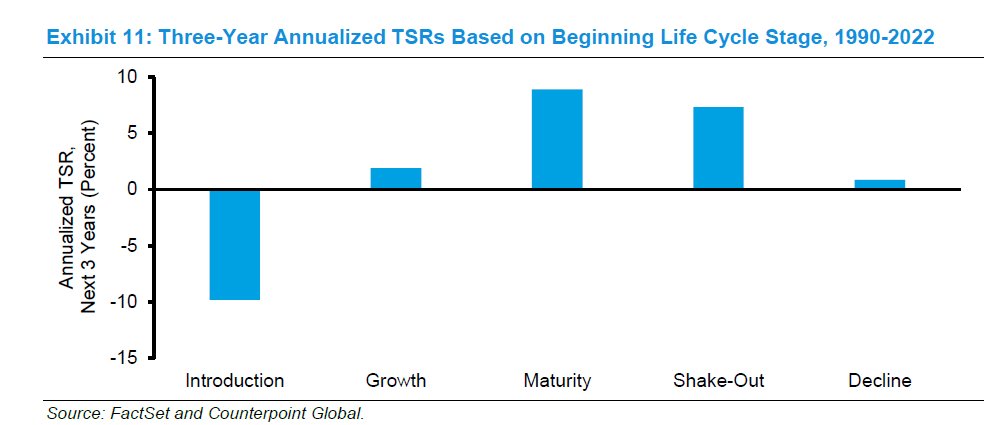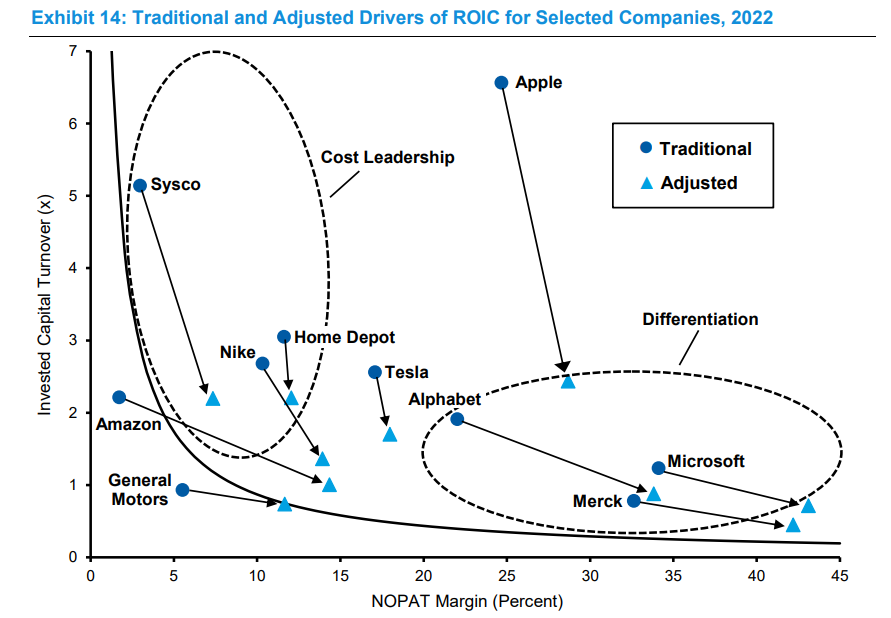What do the deal and Steve Jobs's raid on Xerox PARC have in common? They're both examples of George Soros's concept of reflexivity at work.
I wrote about it here:👇
"What George Soros Can Teach Us About EV Stocks"
neckar.substack.com/p/what-george-…
I wrote about it here:👇
"What George Soros Can Teach Us About EV Stocks"
neckar.substack.com/p/what-george-…
Soros thought deeply about the self-reinforcing relationship between perception and reality:
"A boom/bust process occurs only when market prices find a way to influence the so-called fundamentals that are supposed to be reflected in market prices."
"A boom/bust process occurs only when market prices find a way to influence the so-called fundamentals that are supposed to be reflected in market prices."

A recent example was the boom in "platform" companies as laid out in this excellent 2015 presentation.
valuewalkpremium.com/wp-content/upl…

valuewalkpremium.com/wp-content/upl…


A pre-revenue EV company partners with one of the largest car manufacturers (who will do pretty much all the work) and can offer $2bn of stock without completely diluting its shareholders.
It's a perfect example of leveraging the perception of value to create value.
It's a perfect example of leveraging the perception of value to create value.
Another example, from Silicon Valley in 1979: Steve Jobs and a team of Apple engineers famously visited Xerox's Palo Alto Research Center (PARC).
PARC wasn't a secret. As a Xerox shareholder, you could have read about it in the annual report:
memoriesofrxmp.info/wp-content/upl…
memoriesofrxmp.info/wp-content/upl…
"In 1971, the Palo Alto Research Center was established in that northern California heartland. More than 200 professional people from many countries conduct the studies that are essential to the company's development of digital equipment and office methods for the future." 

"A prototype information system involving linked, interactive machines is in productive and routine use at the Palo Alto Center now. Parts of the system have been used experimentally by children in a nearby public school system to draw pictures and compose music."
PARC scientists weren't keen on sharing their research with a competitor. So Jobs used reflexivity.
Apple was a hot startup about to go public. He offered Xerox a chance to invest pre-IPO in exchange for "opening the kimono at PARC." Xerox accepted.
sec.gov/files/18-02062…
Apple was a hot startup about to go public. He offered Xerox a chance to invest pre-IPO in exchange for "opening the kimono at PARC." Xerox accepted.
sec.gov/files/18-02062…

At first, the PARC team fought tooth and nail. But Jobs called Xerox HQ and was invited back.
When the scientists kept stonewalling, he blew up. "Let's stop this bullshit!" He called Xerox's head of venture capital division who opened the doors to PARC's inner sanctum.
When the scientists kept stonewalling, he blew up. "Let's stop this bullshit!" He called Xerox's head of venture capital division who opened the doors to PARC's inner sanctum.
Finally, the Apple team was shown PARC's personal computer, including the GUI and the mouse.
Jobs "was hopping around so much I don't know how he actually saw most of the demo. But he did, because he kept asking questions."
Jobs "was hopping around so much I don't know how he actually saw most of the demo. But he did, because he kept asking questions."

"You're sitting on a gold mine" Jobs shouted.
"Xerox could have owned the entire computer industry" he'd later say.
"Xerox could have owned the entire computer industry" he'd later say.
Xerox's $1 million investment would be worth $17.6 million at the time of Apple's IPO.
But Apple ended up with game-changing ideas for its products. Jobs had parlayed investor perception into value creation.
But Apple ended up with game-changing ideas for its products. Jobs had parlayed investor perception into value creation.
Peter Thiel wrote that a great company is a conspiracy to change the world, built around a secret hidden from the outside.
Better yet, if investors perceive your secret to be highly valuable, you can use it to gain access to the secrets of others.
Better yet, if investors perceive your secret to be highly valuable, you can use it to gain access to the secrets of others.
• • •
Missing some Tweet in this thread? You can try to
force a refresh














